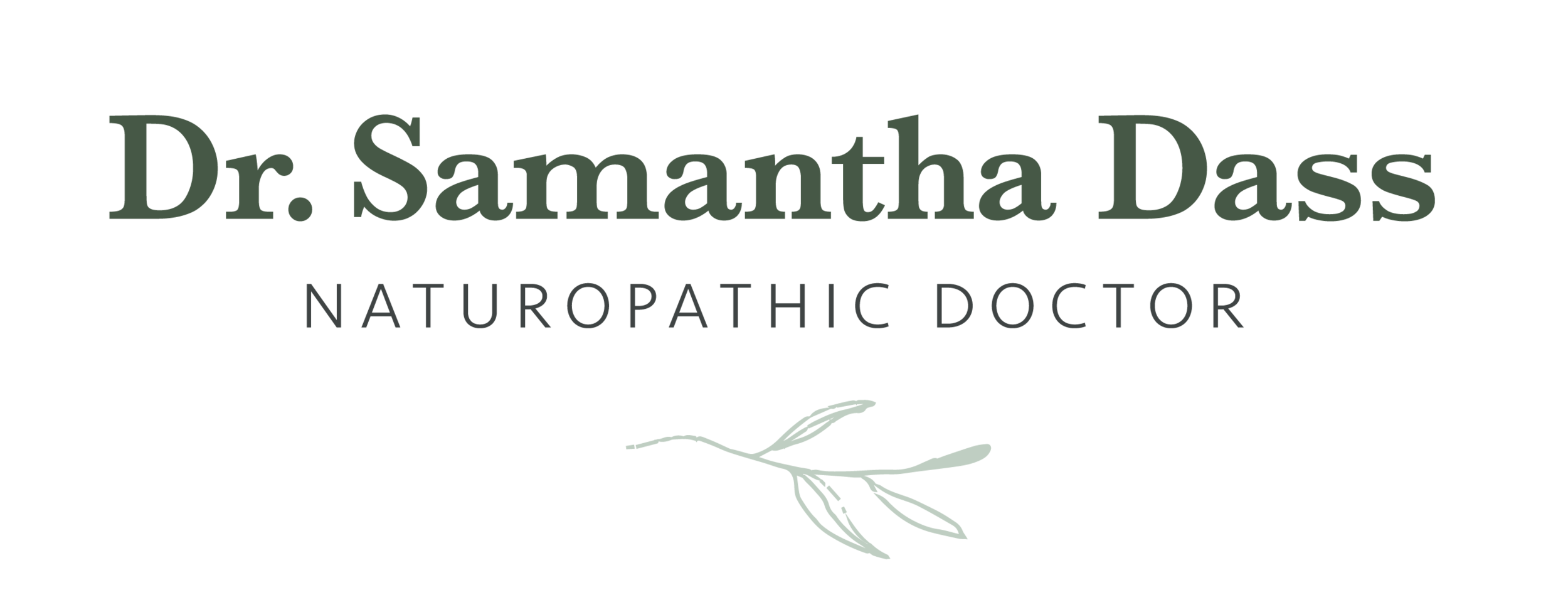When Do I Start Taking Vitamin D?
This is a common question that I’ve been getting lately especially with fall getting closer.
As you may know, we get a good chunk of vitamin d from sun exposure. The Canadian guidelines state that 600 IU of vitamin d is needed daily to keep bones healthy. These guidelines take sun out of the equation. In other words, if you spent minimal time in the sun, your bones would still be fine with 600 IU of vitamin d/day according to these guidelines. One reason why sun exposure was not considered when making these guidelines was because it’s not clear how much things like smog, cloud coverage, skin colour, sunscreen use, time of day and even season affects our ability to get vitamin d from the sun. So “they” decided to play it safe and assume everyone was getting minimal sun.
The guidelines also do not take into consideration how much vitamin d is needed for other health outcomes besides bone health. The research behind how vitamin d affects health beyond the bones is promising, but it was not strong enough to make it into the guidelines. That being said, vitamin d has been shown in studies to play a role in fertility, thyroid health, mood, immunity and other conditions.
Many health care providers (including myself) find that vitamin d levels drop in the winter compared to the summer. Having your vitamin d levels tested is not always necessary but in some cases it’s worthwhile to get your levels tested by your naturopathic or medical doctor to determine if you are deficient in vitamin d – especially in winter.
So here’s my answer to the question of “when do I start taking vitamin d”: You need vitamin d year-round. You get it from egg yolks, fatty fish, supplements, fortified foods and sunshine. The Canadian guidelines recommend 600 IU/day year-round to protect your bones. Many health care providers will recommend more. The amount you need and whether you need more during certain times of the year depends on your health history and your vitamin d level.
Vitamin d is an important nutrient. Do not hesitate to ask about whether it’s worth supplementing and/or getting your levels tested.

